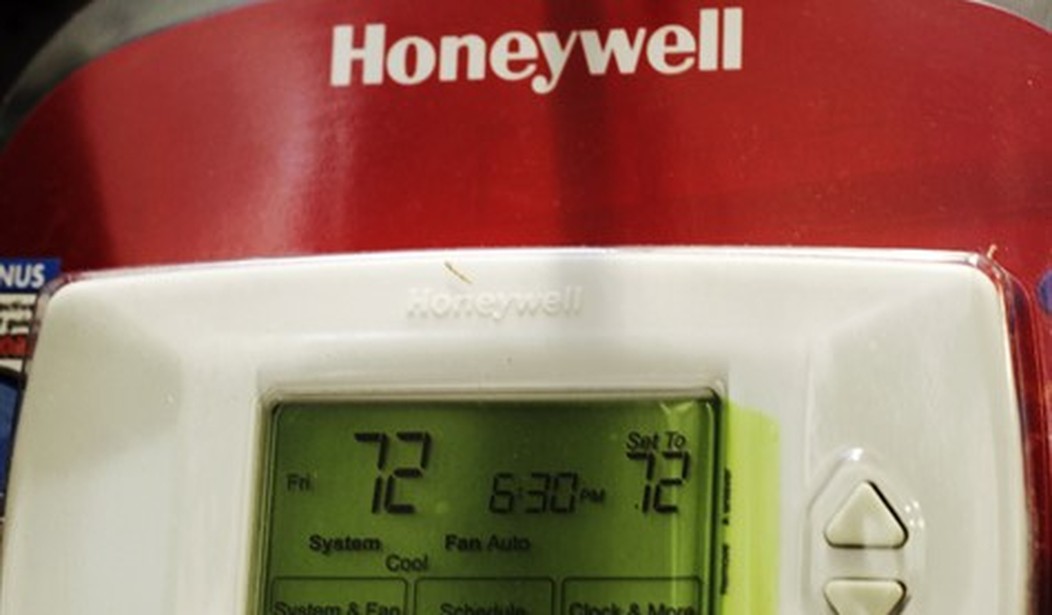By this point, everyone is well aware that Europe, like the United States, is in the midst of an energy crisis. There are multiple factors driving the instability of the energy grid, but the result is the same. People have to use less electricity and natural gas or the entire system may be crippled. Switzerland is no exception and regulators are nervously watching power consumption figures as winter approaches. Many commercial and residential buildings rely on electrical heating, so demand always increases as the temperatures drop. Even those with gas heating will increase drains on the system if they run their heaters for too long. To prevent the gas supplies and the power grid from failing entirely, the government in Switzerland is now developing new regulations dictating where people can set their thermostats. And if you turn yours up too high, you may find yourself being hit with a hefty fine or even jail time. (Toronto Sun)
Switzerland is considering putting anyone who heats their rooms above 19C in jail for up to three years, according to Blick.
It would only happen if Switzerland is forced to ration gas because of the Russia-Ukraine war. Fines could also be handed out for violators.
Markus Sporndli, a spokesman for the Federal Department of Finance, told Block that the rate for fines on a daily basis could start at 30 Swiss Francs (about $40 Canadian).
When I first saw a link to this story on Twitter (where else?) I thought it might be some sort of satirical commentary. But it wasn’t.
Green fascism is the new COVID fascism.
You can better believe that today’s “mulling” in Switzerland will be tomorrow’s law in America. pic.twitter.com/htlI1ZDsJi
— Shukri Abdirahman (@ShuForCongress) September 12, 2022
Thus far, this appears to be a “trigger law” that won’t go into effect unless supplies drop below a certain point. They’re framing it as an issue being driven by the war in Ukraine as Russia throttles its flow of natural gas to Europe. That’s one factor to be sure, but there are others. At this stage of the crisis, the root cause is less important than the result. If the state can’t meet the demand for either electricity or natural gas in the middle of a Swiss winter, people are going to be in trouble.
Assuming this happens, the restrictions will be uncomfortable but not deadly. The penalties for noncompliance will likely be far more harsh. They’re looking at an initial fine for first offenders that will likely be less than fifty dollars. But if you turn your thermostat up too far or too often, the fines would soar into the thousands of dollars. (Just what you need when you’re already having trouble paying your skyrocketing utility bill.) There will also be no heating allowed for saunas or swimming pools.
If you give Big Brother a reason to really crack down on you, it’s possible that you will wind up behind bars. For a more minor offense, the sentence might only be a few weeks. For the really “bad people,” it could be up to three years. Stop and think about that for a moment. Three years in the slammer for turning up your thermostat.
Where will those thermostat settings be capped? Temperatures in buildings with gas heating can’t be set above 66 degrees F. Limits for those with electric heating systems are expected to be in the same range. That’s cool enough that you might need to put on a sweater, but you won’t freeze to death. Still, it’s a baldly intrusive demand from the government.
Of course, for those with the right level of technology in their heating and air conditioning systems, the government will probably just set the temperature for you and lock you out of the ability to change the setting. Think I’m kidding? It’s already happened in Denver, Colorado.
If you have an older thermostat that can’t be controlled remotely or the technical know-how to beat the government controls, you may be able to stay a bit warmer, at least for a while. And after that? Don’t worry. I’m sure the temperatures in the jail will be roughly the same.








Join the conversation as a VIP Member